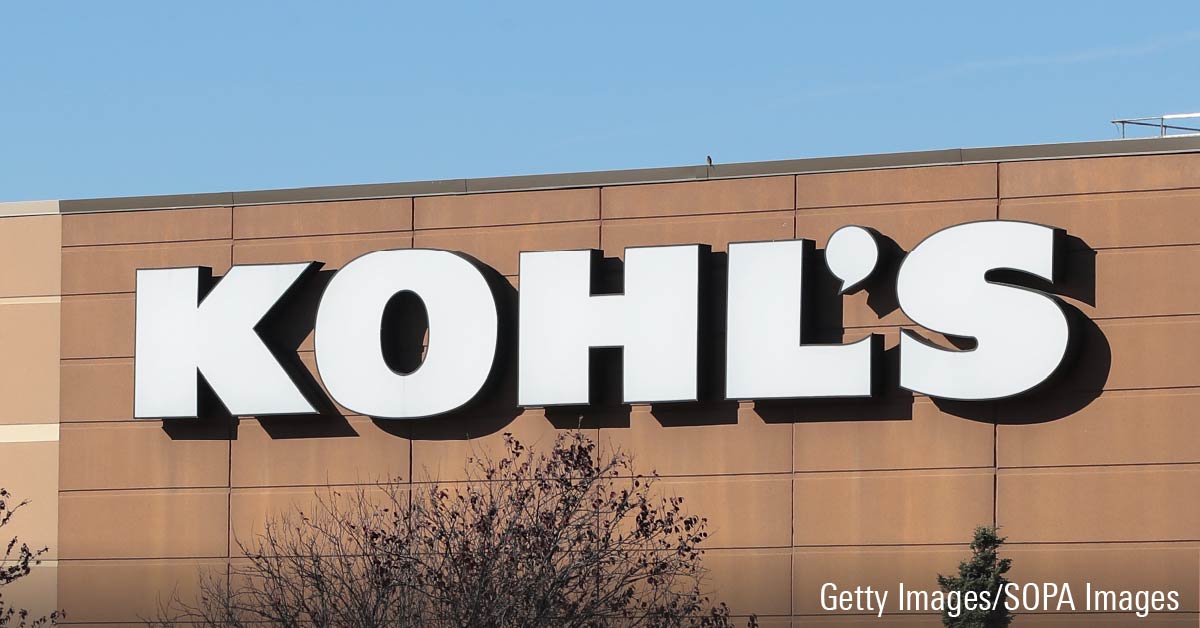Kohl’s Earnings: Signs of Progress Despite Difficult Economic Conditions; Shares Very Undervalued

Kohl’s KSS second-quarter profitability surpassed our expectations even as its same-store sales fell 5.0% versus our estimate for a 4.3% decline. Kohl’s, like many other retailers of apparel, accessories, and home goods, is feeling the effects of inflation and slowing consumer demand. Even so, we believe Tom Kingsbury, named permanent CEO six months ago, is making progress on key growth and margin improvement plans, including opening Sephora shop-in-shops, better inventory control, more effective promotions, and debt reduction. We view shares as undervalued in relation to our $50 per share fair value estimate, which we do not expect to change materially. Although we rate Kohl’s as a no-moat retailer due to the competitive pressures on traditional department stores, we believe it has strengths, including its large e-commerce (about one third of sales), its 65 million active customers, and its largely off-mall store base. In addition, Kohl’s offers a dividend yield above 7%; while such a high yield suggests the expectation of a cut, we think it can and will be maintained.
Kohl’s gross margin on net sales was 39.0% in the quarter. While this margin was 60 basis points down from last year, it was 70 basis points above our forecast. Kohl’s benefited from lower freight expense but, like some others, experienced higher theft. More importantly, its ability to hold its gross margins despite declining sales provides evidence that its merchandising and efficiency plans are working. Indeed, its inventory was 14% below last year’s level, which should limit discounting and the risk of holding large amounts of obsolete merchandise.
Kohl’s operating margin was 4.2%, 130 basis points above our estimate. The company’s long-term plan calls for operating margins of 7%-8%, but we anticipate they will reach the 5%-6% range as we think its ability to cut costs will be limited by competitive pressures and are uncertain that the Sephora additions will lift margins in the long run.
The author or authors do not own shares in any securities mentioned in this article. Find out about Morningstar’s editorial policies.

/s3.amazonaws.com/arc-authors/morningstar/35cad34a-5a55-4541-88e4-5464951e9ae1.jpg)
/cloudfront-us-east-1.images.arcpublishing.com/morningstar/D2M6HBDLIZD3RLWRUR7IPUIVIU.jpg)
/cloudfront-us-east-1.images.arcpublishing.com/morningstar/HU3X6PAILNCOVAUSKMJBJCVK6U.jpg)
/cloudfront-us-east-1.images.arcpublishing.com/morningstar/T45HNONTSRDFDD6ZE3D2LTNT7Y.jpg)
:quality(80)/s3.amazonaws.com/arc-authors/morningstar/35cad34a-5a55-4541-88e4-5464951e9ae1.jpg)